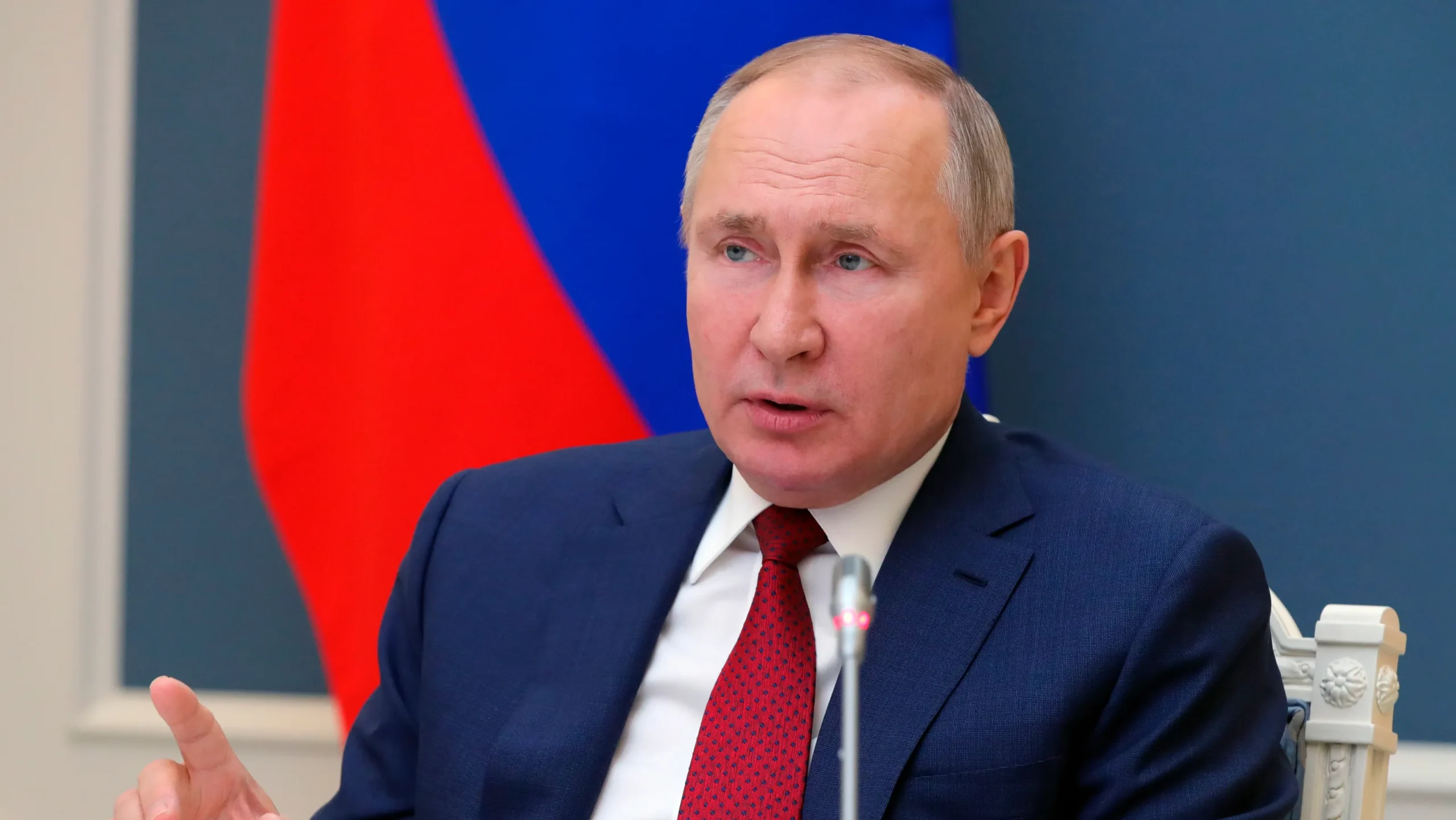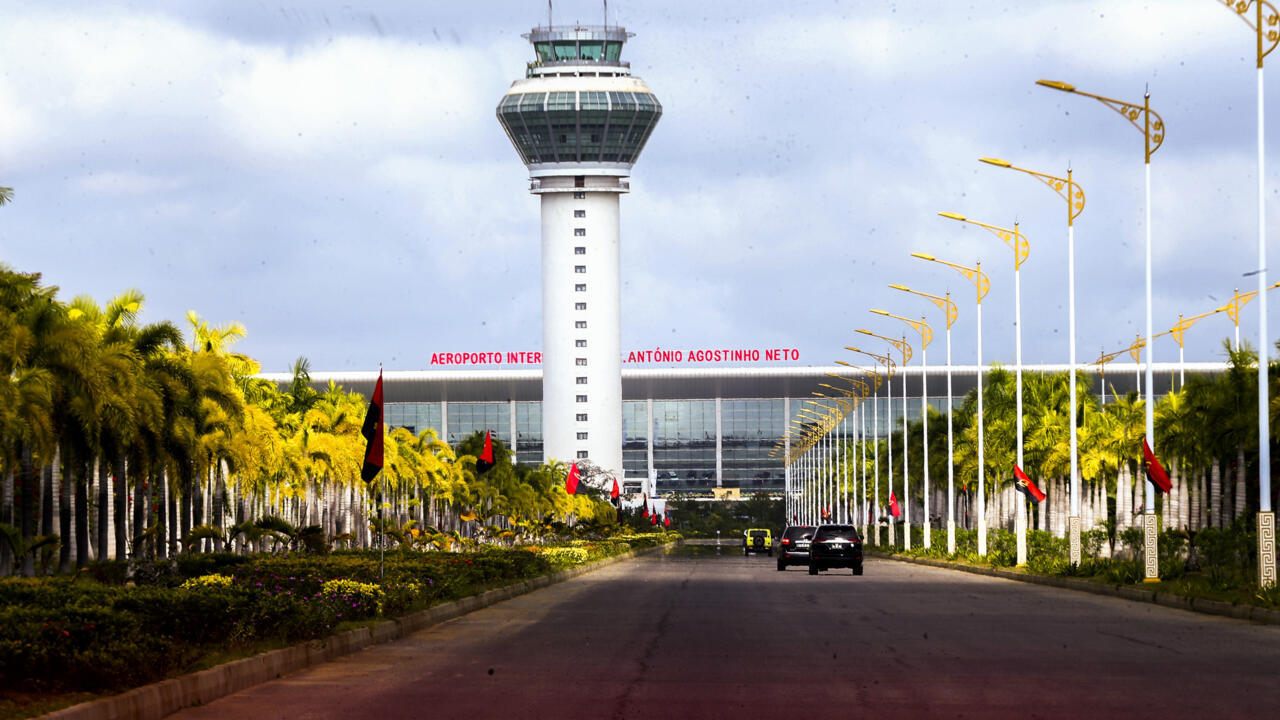President Vladimir Putin’s landslide victory in Russia’s recent election has solidified his grip on power, paving the way for his continued rule until at least 2030. With over 87% of the vote in his favor, Putin’s dominance in Russian politics remains unchallenged, making him the country’s longest-serving leader since Joseph Stalin. However, the predictability of Putin’s victory belies the broader context of political suppression and dissent in Russia. The absence of credible opposition candidates, coupled with restrictive measures against dissenting voices, has effectively quashed any semblance of competitive democracy in the country. Despite claims of national unity and the importance of elections in confirming Putin’s authority, critics argue that Russia’s electoral process lacks genuine transparency and democratic principles.
The ritual of elections in Russia has evolved over the years, with presidential terms extended to six years in 2008 and subsequent constitutional changes removing term limits altogether. These amendments have raised concerns about the consolidation of power in the hands of Putin and his administration, raising questions about the future trajectory of Russian politics. Despite these challenges, Putin’s victory lap emphasized the narrative of national unity and resilience in the face of external pressure, particularly amidst ongoing tensions with the West. Putin’s rhetoric, characterized by defiance and determination, underscores his commitment to maintaining Russia’s position on the global stage, even as it navigates geopolitical complexities and confrontations.














